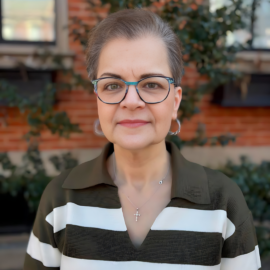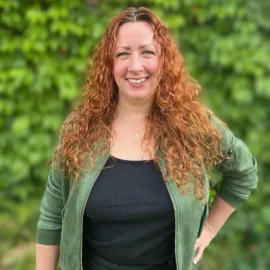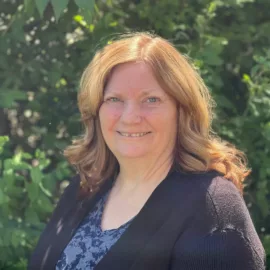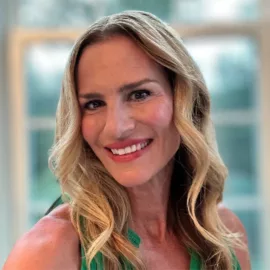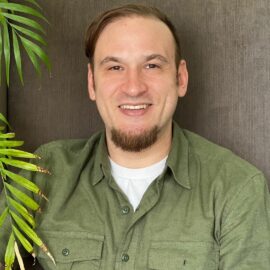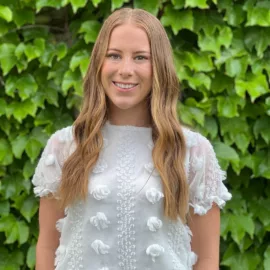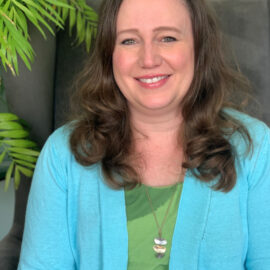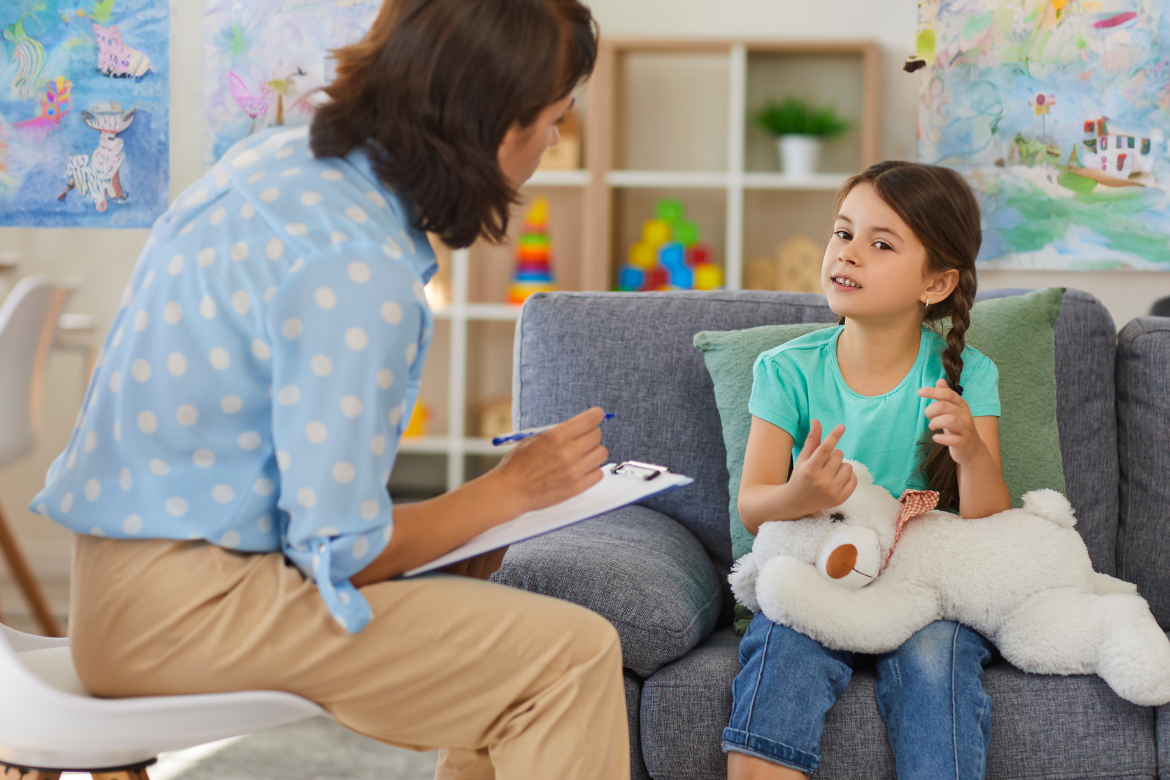
Therapy for children focuses on helping kids to process and adapt to stressful situations, as well as cope with their own emotions. Being a child can be hard and therapy that focuses on helping kids to adapt and even thrive into their full potential should have a specialized approach by an expert therapist who understands how children’s thoughts, behaviors, and feelings work. Children go through many stages and each developmental stage requires a unique understanding and way of interacting from caregivers, each of these stages are unique and present challenges for the child’s coping reserves.
Developmental Stages of Children
Trust vs Mistrust- 0-1.5 years- The parent and child develop a deep bond and the child is challenged to reach a stage of trust for the outside world. They come to understand that their caregiver and the world can be counted on to fulfill their needs for time, attention, and nurturing.
Autonomy vs Shame and Doubt is a stage- 1.5- 3 years. This hallmarks the ‘terrible 2’s.’ The child is beginning to assert their independence, their personalities emerge and they begin to test boundaries. Tantrums are very common at this age as the children have not yet mastered any sense of emotional control.
Initiative vs Guilt-3-5 years of age. Young kids are learning the rules and how to interact in social environments, interacting with your child in a way that supports their curiosity and encourages independence also nurtures positive emotional reactions for the later stages.
Competence vs Inferiority- 5-12 years of age. The Children continue to master a sense of independence and really compare their skills and talents to see where they fit in with their peers. Self-esteem, while vital through life, is especially important in this age range. This also is a common point for stress to emerge including mental health, and behavioral disorders.
Identity vs Role Confusion. 12-18 Tweens all the way up to early adulthood, children are really wanting to figure themselves out and they also will likely want to have some independence. Teens naturally experiment with their role in life, they are thinking about how they fit into the world and what makes sense to them. They also struggle with changes in their bodies and hormones and everything can feel strange to them. This can often be a time for rebellion and challenging the norms of the family. They are especially sensitive to peer group stress and performance stress at this age.
Could Your Child Benefit From a Child Therapist?
If you have noticed a recent change in your child’s behavior, you may be wondering if they need the help of a child therapist. If you notice that your child is withdrawn, is bedwetting, having nightmares, behavioral outbursts, seems paranoid, has repetitive behaviors, is expressing thoughts of suicide, has lost weight, or excessively worries about their performance in school or activities, or emotional dysregulation, therapy can help to explore a potential diagnosis and to determine the best treatment route.
When it comes to Child therapy, there are many options including expressive therapy to help your child or adolescent be able to talk about what they are thinking and learn ways to effectively manage their feelings. For some kids, a play therapy or art therapy is the best way to unearth their feelings and become more well adapted. In addition to providing a safe space to understand him or herself, some common goals of child counseling are to develop self-esteem, have healthy coping to feelings and situations, and also to expand the emotional vocabulary/emotional intelligence of the child, and to help the child towards the path of normal and healthy development.
When something happens in the home such as divorce, loss, grief, other trauma, or for children who are being targeted by bullying, abuse, as well as kids who have recently received or are exploring a mental or behavioral health diagnosis, getting the right therapy is important. At times it is appropriate to bring the whole family in to participate in treatment so that each person who interacts in the home can also help the child to adapt, cope, and flourish. Our center also has one therapist who offers Parent Child Interaction Therapy (PCIT).
Children can attend therapy without the participation of the rest of the family.
We have a fully licensed staff of Child Therapists, Family, and Marriage Counselors in our Pittsburgh, Wexford, Monroeville, Cranberry, Greensburg, and South Hills locations who are glad to help your child become emotionally well.
Child Psychiatry
Counseling and Wellness Center of Pittsburgh is also proud to offer child psychiatric services as part of our comprehensive approach. Our highly trained psychiatric nurse practitioners specialize in diagnosing and treating mental health conditions in children, prescribing personalized medications to effectively manage associated symptoms.
In collaboration with children and their families, our psychiatric nurse practitioners carefully determine the most suitable medications, considering unique medical histories, current symptoms, and individual preferences. Progress is closely monitored to ensure a safe and effective treatment journey. Our services are available in Pittsburgh and through telepsychiatry, providing accessible and flexible options for individuals and families seeking expert mental health care.
Meet Our Child Therapists
Get Started With Child Therapy
If you’re in need of a Child Therapist for your little one, please don’t hesitate to reach out to us at 412-856-WELL or simply fill out the form below.
Get 10 Free Positive Affirmation Animal Mandala Coloring Pages
Fill out the form below to get your 10 Free Positive Affirmation Animal Mandala Coloring Pages. They will be emailed to you within 5 minutes after submission.
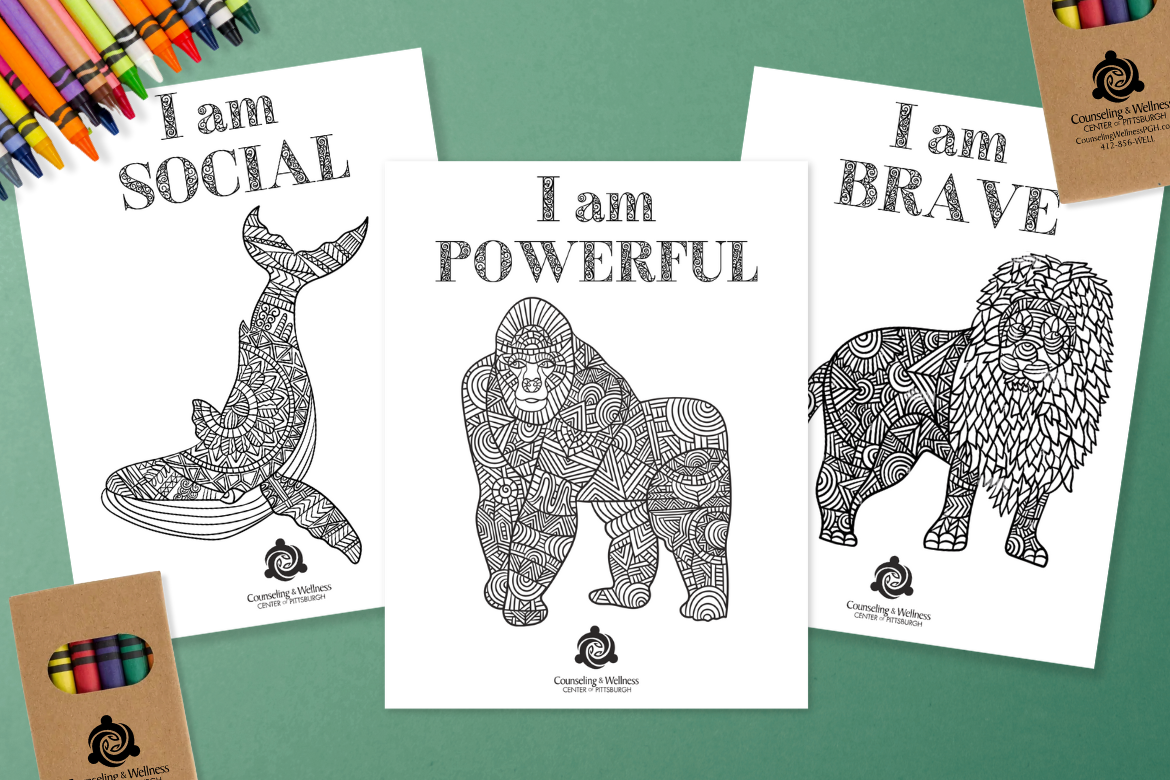
Blogs Written by Our Child Therapists
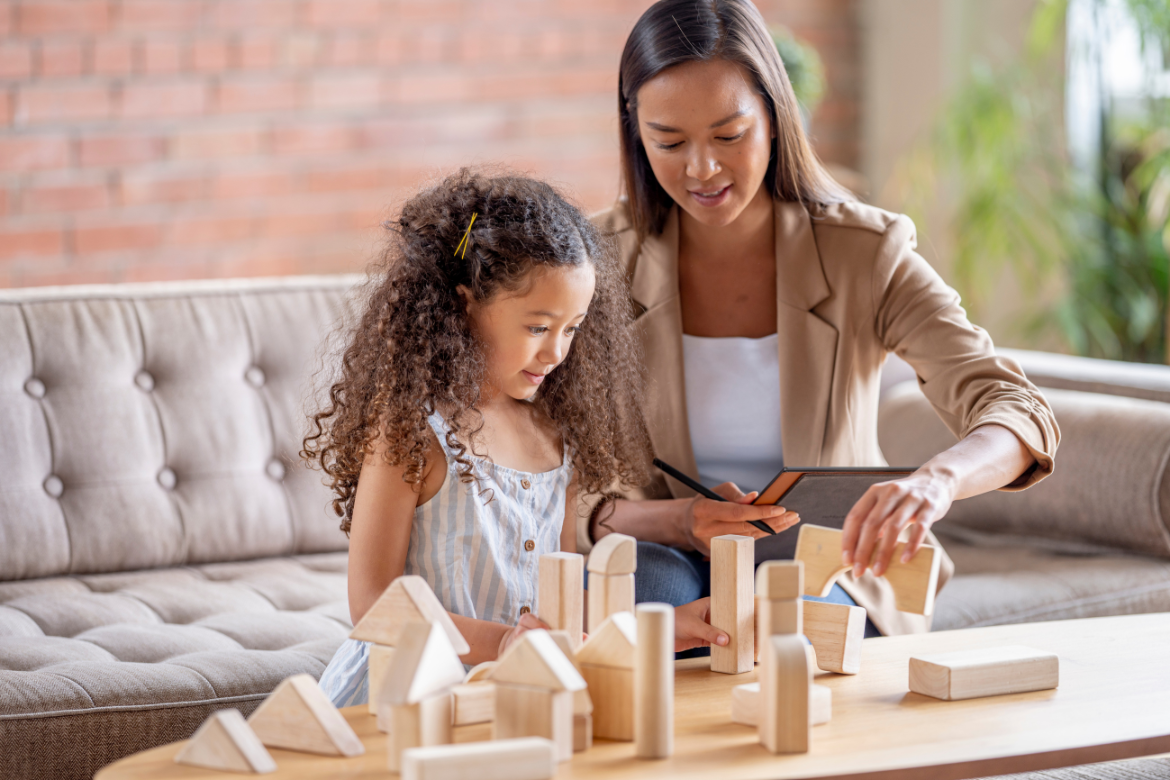
9 Signs Your Child Should See a Therapist
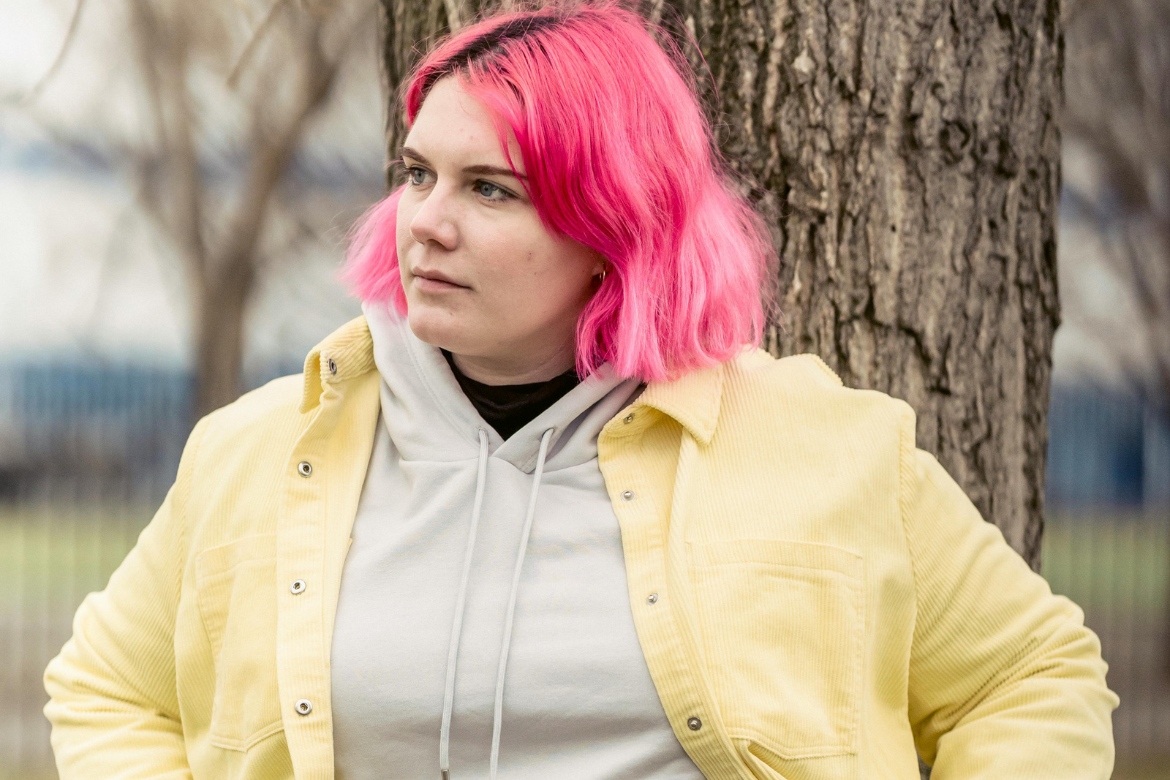
Learned Helplessness: End the Cycle of Powerlessness

Adverse Childhood Experiences ACEs: Understanding the Impact of Childhood Trauma and Building Resilience
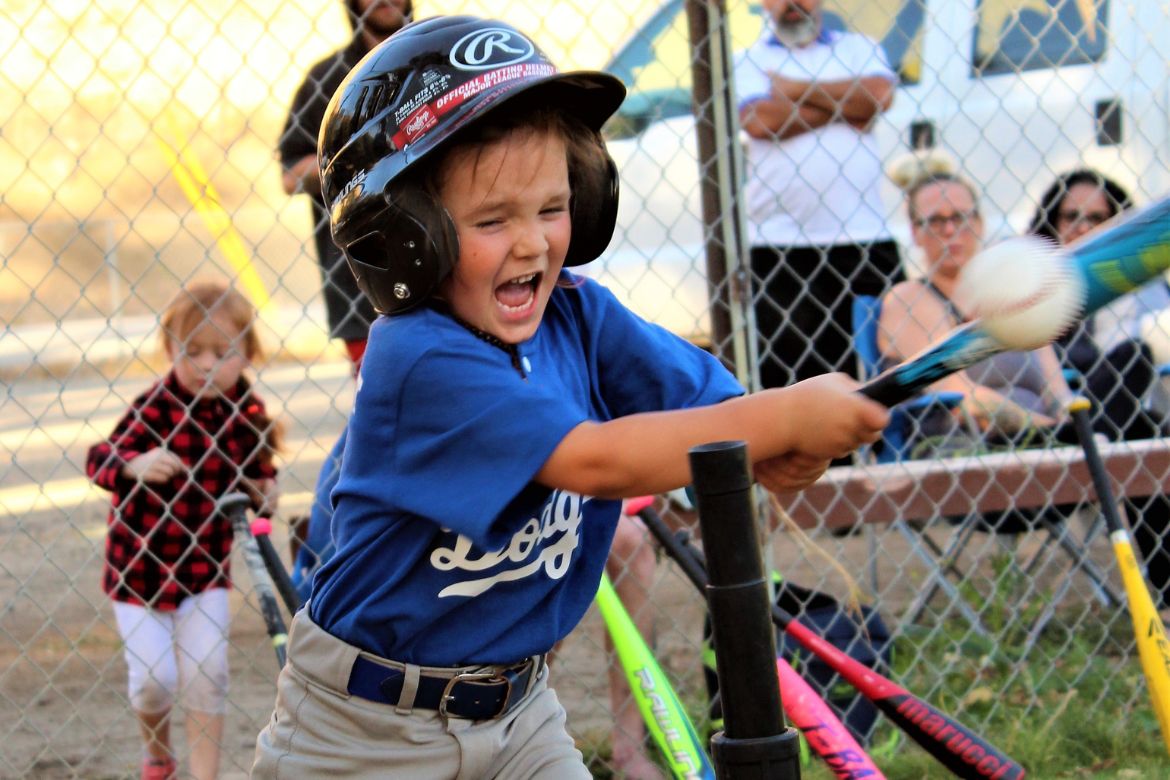
Signs Your Child Is Involved in Too Many Extracurricular Activities
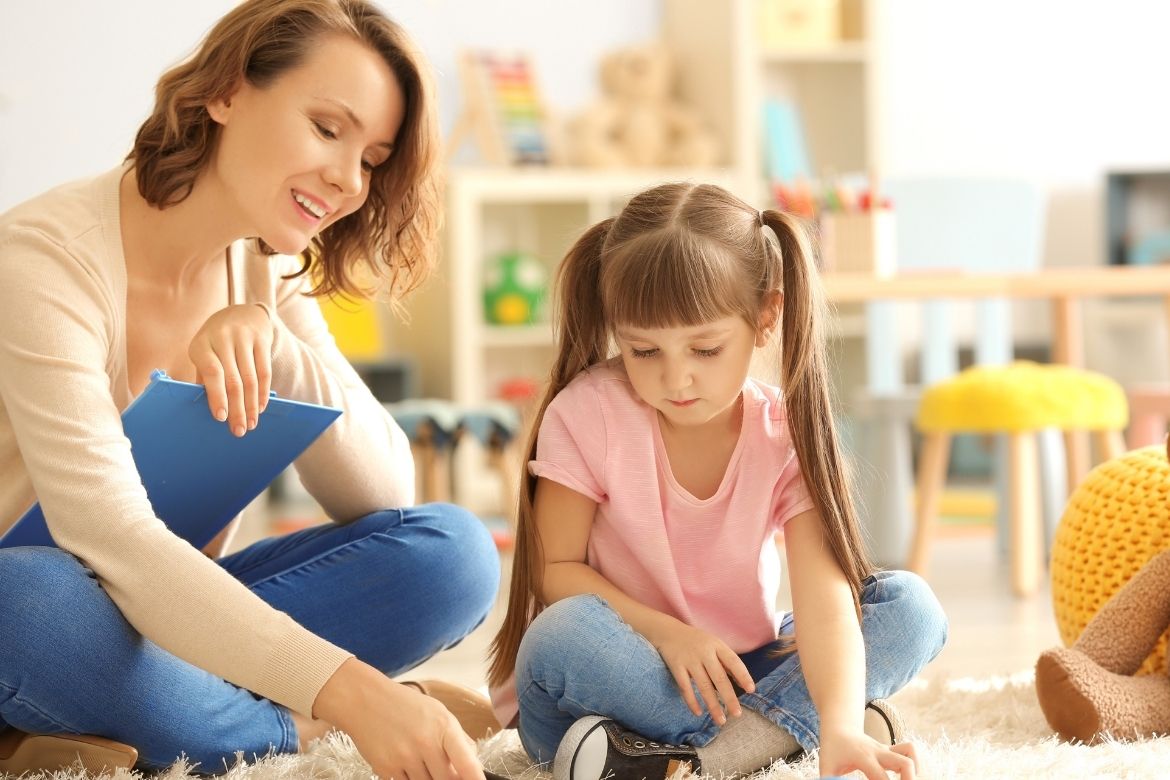
A Play Therapist’s Must-Have Toys to Use in Play Therapy
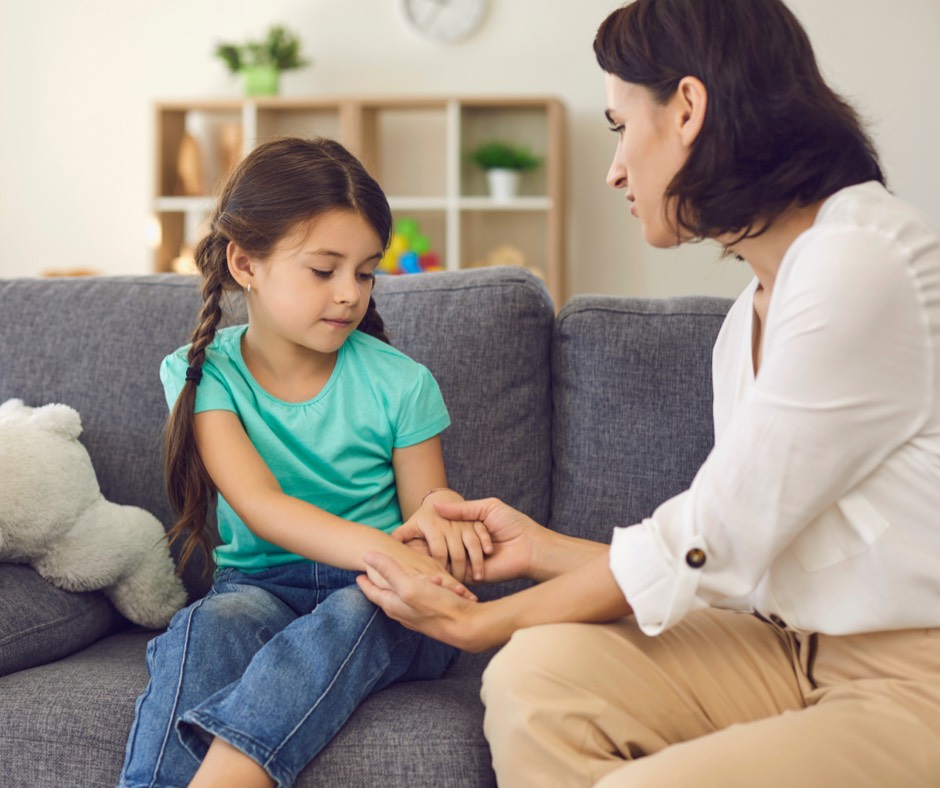
If Children are Talking About Death, How Can Parents Best Support Them?

5 Ways to Help Newly Adopted Children During the Holidays
5 Ways to Soothe Anxiety in your Child
More On Child Therapy
Developmental stages according to the research by Erik Erickson.


